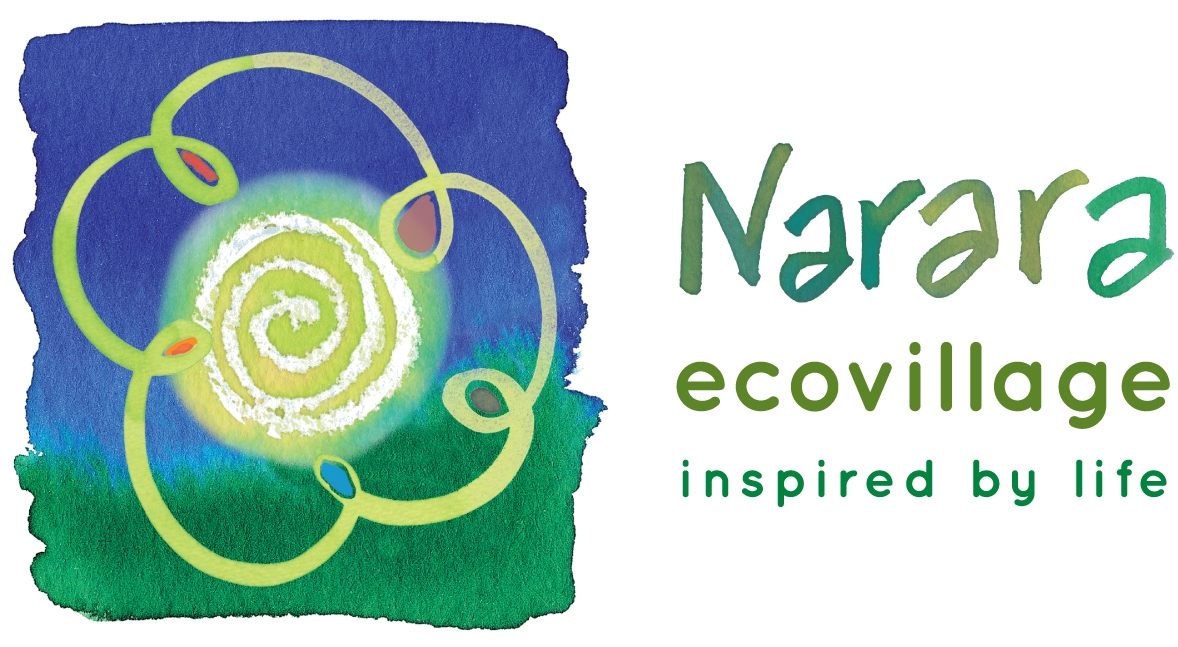Recycling is a great way to save emissions from new manufacturing. Our first way to recycle in the village is the ‘take-away table’. When someone no longer needs an item (items, games, clothes that children have grown out of, garden equipment, modems, lampstands, DVDs, equipment), they put it on the table, and it usually and rapidly finds a new home! If not, it gets taken to a local Op-Shop (see below). Sometimes we might also advertise larger items (eg a spare bed) on our internal Slack message channel, either for nothing except collection, or for a small agreed sum.
On a wider scale, we have a variety of Op-Shops in the area, including Fairhaven (part ofthe Central Coast Disability Services) with its associated cafe, ‘Fare Cravin‘. Obviously using Op-Shops means avoiding new production, packaging, lengthy transportation etc.
Within the village we also encourage recycling of waste materials, separating waste in the usual ways for local collection, with glassware, cardboard, plastics etc. Soft plastics and wrappers are gathered separately and labelled for the ‘Curby’ program which is collected in the downstream recycling. We separate off food and garden waste for composting on site, either in our own gardens or for our communal agriculture. In addition we collect specialist items: medicine blister packs, old CDs and DVDs, stamps, cosmetic bottles and boxes, mobile phones and batteries, bread tags, tooth paste tubes, printer cartridges and pens and markers, for specialist recycling. We reuse egg boxes for our own egg production, and plastic packaging for our home grown fruit and veggies.

We are also exploring reprocessing wood chipping, leaves, grasses and clippings and chicken waste into biochar, to lock up carbon, and improve the fertility and water retention of the soil.
Overall, the idea is to recycle and reuse as much as possible, and to minimise new production and landfill.
